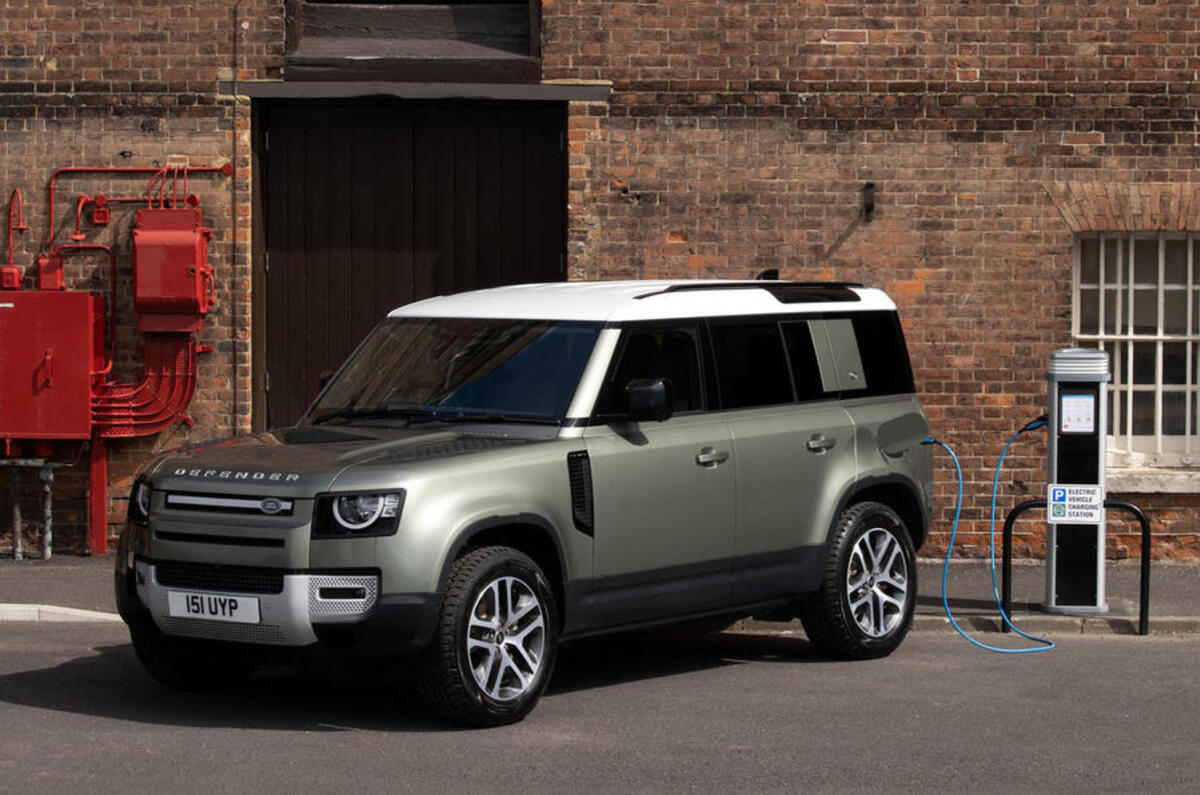Car makers and their suppliers have defended plug-in hybrid technology after data extracted from cars on the road by the European authorities showed that models on average were emitting more than three times the carbon dioxide shown in official tests.
Sales of plug-in hybrids (PHEVs) grew 34% in the first three months in the UK to 42,492 as more company car drivers took advantage of their tax-friendliness. That in turn helps car makers to drive down their average CO2 emissions to meet legislation and softens their 22% electric car target this year. In Europe, sales were up 7.4%, with the UK now only fractionally behind Germany for the title of the biggest PHEV market in the region.




Add your comment